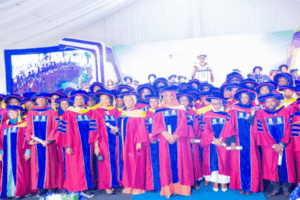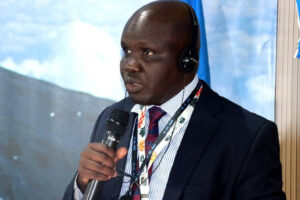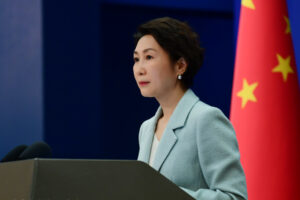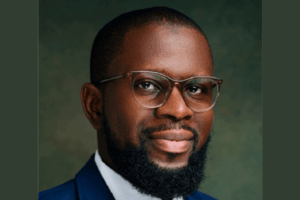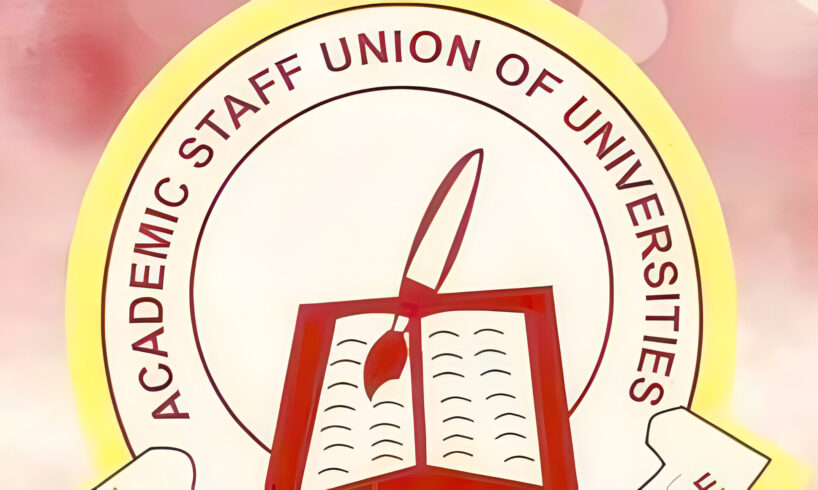
The Nigerian government said Tuesday that it has reconstituted and inaugurated another committee to ‘accelerate ongoing discussions’ with tertiary institutions-based unions, including ASUU, whose two-week ultimatum ends in six days.
The new committee, called Federal Government Tertiary Institutions Expanded Negotiation Committee, is to be headed by Yayale Ahmed, the pro-chancellor of Ahmadu Bello University, Zaria.
The Minister of Education, Tunji Alausa, said the committee’s inaugural meeting has been scheduled for Tuesday (today) 7 October.
This is contained in a statement by the ministry’s spokesperson, Folasade Boriowo.
The statement quoted Mr Alausa as urging all academic and non-academic unions to cooperate fully and respond promptly to the committee’s engagements.
The minister said President Bola Tinubu has given full political backing to the process, with a clear directive that all negotiations be concluded swiftly, fairly, and in the spirit of mutual respect.
“President Tinubu’s mandate is that all our children must be in school. This is renewed hope in action,” he was quoted as saying.
He also appreciated the unions for their patience and commitment as the government works toward a final and comprehensive agreement.
The move comes as ASUU asked its members to gear up for a strike as its two-week ultimatum nears its end.
A looming strike
A week ago, ASUU issued a two-week ultimatum for the government to address its demands. On Monday, the union said there hasn’t been progress seven days into the ultimatum. It, therefore, asked its members to gear up for a strike.
However, the education ministry has now said it is moving to ensure the conclusion of renegotiations with ASUU and other workers’ unions based in universities, polytechnics, and colleges of education.
The ministry’s statement said the new committee will harmonise all negotiation processes under one coordinated framework that reflects institutional memory and sector-wide inclusiveness.
New committee
Mr Alausa said the Yayale-Ahmed expanded committee will engage all unions collectively to achieve a comprehensive and sustainable agreement.
Mr Alausa disclosed this during a meeting with the Minister of Labour and Employment, Mohammed Dingyadi, and the Minister of State for Education, Suwaiba Ahmed, a professor.
“The membership of the committee has been carefully chosen to represent the full spectrum of the education sector, ensuring that no group is left behind,” he said.
According to Mr Alausa, the committee has been provided with a well-equipped and functional secretariat to enable it to carry out its mandate effectively.
In his remarks, the Minister of Labour and Employment, Mr Dingyadi, emphasised that true and lasting peace can only be achieved when all stakeholders are involved, noting that excluding any party would only breed division and undermine collective progress.
Speaking on behalf of the committee, Mr Ahmed assured that the committee will approach its task with openness, inclusiveness, and integrity, listening to all stakeholders, fostering trust, and working toward agreements that promote industrial harmony and strengthen the nation’s tertiary institutions.
He pledged that the committee will not only negotiate but also ensure that the recommendations and agreements reached are practical, realistic, and capable of sustaining long-term peace and productivity within the education sector.
Many committees, little progress
This new committee is at least the sixth committee inaugurated by the government to renegotiate the 2009 agreements with university-based unions.
Each time, the government has failed to implement the draft produced by the committees and instead creates yet another committee.
The 2009 agreement has been the source of dispute between the government and university-based unions. The agreement contains the academics’ conditions of service, funding and autonomy for the universities.
The renegotiation of the 2009 agreement, which was meant to be every few years, has stalled for close to a decade.
Before this new committee, Mr Ahmed headed the renegotiation committee inaugurated by the government in October 2024 to renegotiate the 2009 agreement with ASUU.
In August, Education minister Mr Alausa inaugurated a committee headed by the ministry’s permanent secretary, Abel Enitan, to look into the draft agreement between ASUU and the Yayale Ahmed renegotiation committee submitted in February.
Before Mr Ahmed, the late Nimi Briggs, an emeritus professor, led the renegotiation committee in 2022 and produced a draft that the government never signed or implemented.
Before Mr Briggs, it was Munzali Jibrin’s committee of 2021, which also produced a draft that was never signed.
Before both of them was Wale Babalakin, who headed the committee from 2017 to 2020 when he resigned.
